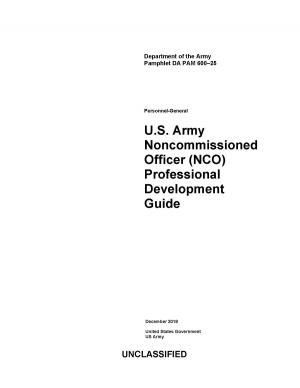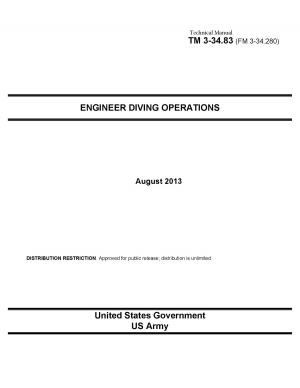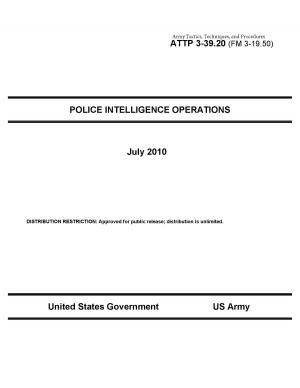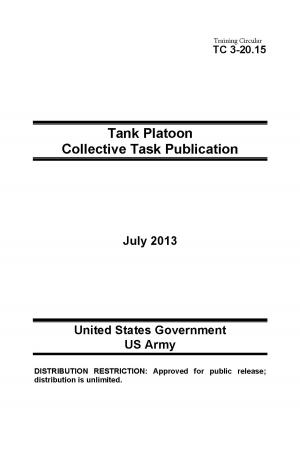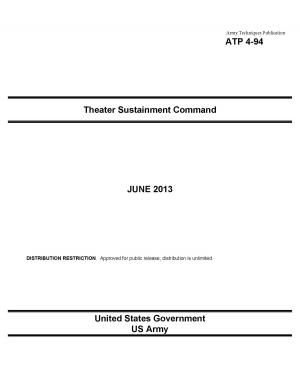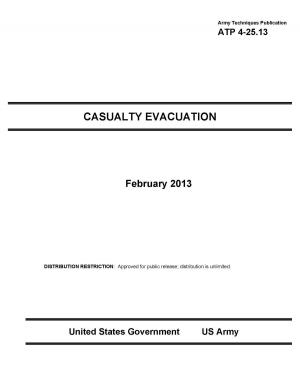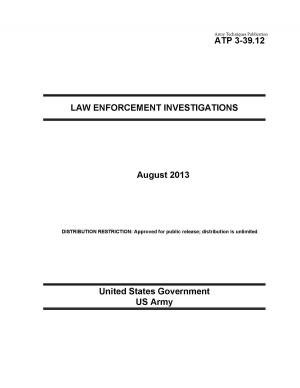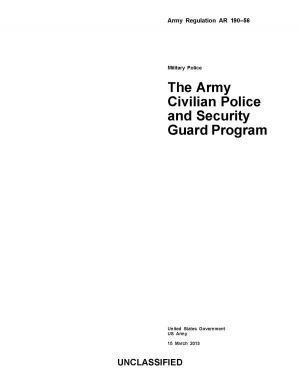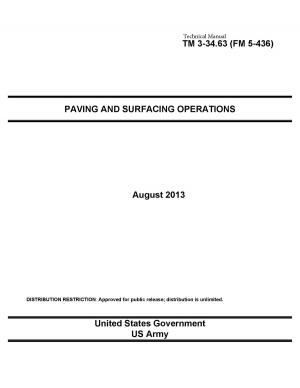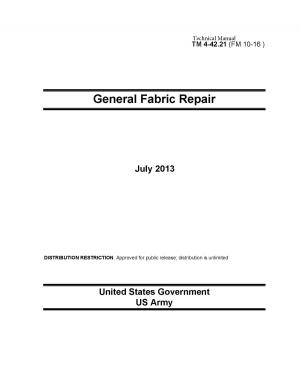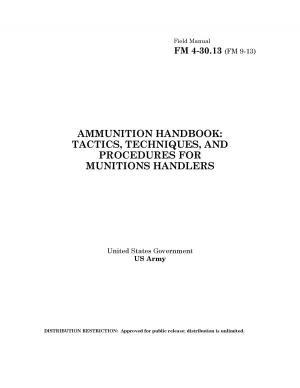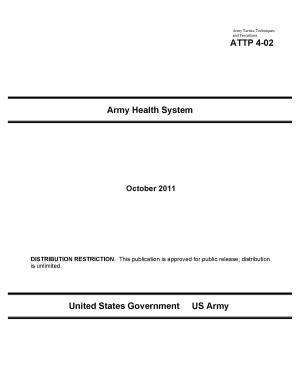Army Doctrine Publication ADP 3-0 (FM 3-0) Unified Land Operations October 2011
Business & Finance, Management & Leadership, Management Science, Nonfiction, Science & Nature, Technology, Military Science, Reference & Language, Reference, Guides & Handbooks| Author: | United States Government US Army | ISBN: | 1230000104994 |
| Publisher: | eBook Publishing Team | Publication: | February 8, 2013 |
| Imprint: | Language: | English |
| Author: | United States Government US Army |
| ISBN: | 1230000104994 |
| Publisher: | eBook Publishing Team |
| Publication: | February 8, 2013 |
| Imprint: | |
| Language: | English |
When we published Change 1 to the 2008 edition of (Field Manual) FM 3-0, we captured the most critical lessons of almost ten years of sustained land combat. In this edition, we not only reflect on the past but also look to an uncertain future. Army Doctrine Publication (ADP) 3-0, Unified Land Operations, provides a common operational concept for a future in which Army forces must be prepared to operate across the range of military operations, integrating their actions with joint, interagency, and multinational partners as part of a larger effort.
Unified Land Operations is a natural intellectual outgrowth of past capstone doctrine. AirLand battle recognized the three-dimensional nature of modern warfare, while full spectrum operations recognized the need to conduct a fluid mix of offensive, defensive, and stability operations simultaneously. This publication builds on both these ideas, adding that success requires fully integrating Army operations with the efforts of joint, interagency, and multinational partners.
The central idea of Unified Land Operations is that Army units seize, retain, and exploit the initiative to gain and maintain a position of relative advantage in sustained land operations to create conditions for favorable conflict resolution. This central idea applies to all military operations—offensive, defensive, and stability or defense support of civil authorities. This unifying principle connects the various tasks Army forces may perform. It adds the founding principles of flexibility, integration, lethality, adaptability, depth, and synchronization. It incorporates the principle that operational art is the connection between strategic objectives and tactical actions, and provides a common construct for organizing military operations. The construct consists of the Army operations process, an
operations framework for visualizing and describing operations, and the warfighting functions.
ADP 3-0 serves as the common operational concept for the Army. The central idea, adapted to the unique conditions of each conflict, represents the Army’s unique contribution to unified action. It must permeate our doctrine, our training, and our leader professional development programs.
When we published Change 1 to the 2008 edition of (Field Manual) FM 3-0, we captured the most critical lessons of almost ten years of sustained land combat. In this edition, we not only reflect on the past but also look to an uncertain future. Army Doctrine Publication (ADP) 3-0, Unified Land Operations, provides a common operational concept for a future in which Army forces must be prepared to operate across the range of military operations, integrating their actions with joint, interagency, and multinational partners as part of a larger effort.
Unified Land Operations is a natural intellectual outgrowth of past capstone doctrine. AirLand battle recognized the three-dimensional nature of modern warfare, while full spectrum operations recognized the need to conduct a fluid mix of offensive, defensive, and stability operations simultaneously. This publication builds on both these ideas, adding that success requires fully integrating Army operations with the efforts of joint, interagency, and multinational partners.
The central idea of Unified Land Operations is that Army units seize, retain, and exploit the initiative to gain and maintain a position of relative advantage in sustained land operations to create conditions for favorable conflict resolution. This central idea applies to all military operations—offensive, defensive, and stability or defense support of civil authorities. This unifying principle connects the various tasks Army forces may perform. It adds the founding principles of flexibility, integration, lethality, adaptability, depth, and synchronization. It incorporates the principle that operational art is the connection between strategic objectives and tactical actions, and provides a common construct for organizing military operations. The construct consists of the Army operations process, an
operations framework for visualizing and describing operations, and the warfighting functions.
ADP 3-0 serves as the common operational concept for the Army. The central idea, adapted to the unique conditions of each conflict, represents the Army’s unique contribution to unified action. It must permeate our doctrine, our training, and our leader professional development programs.

